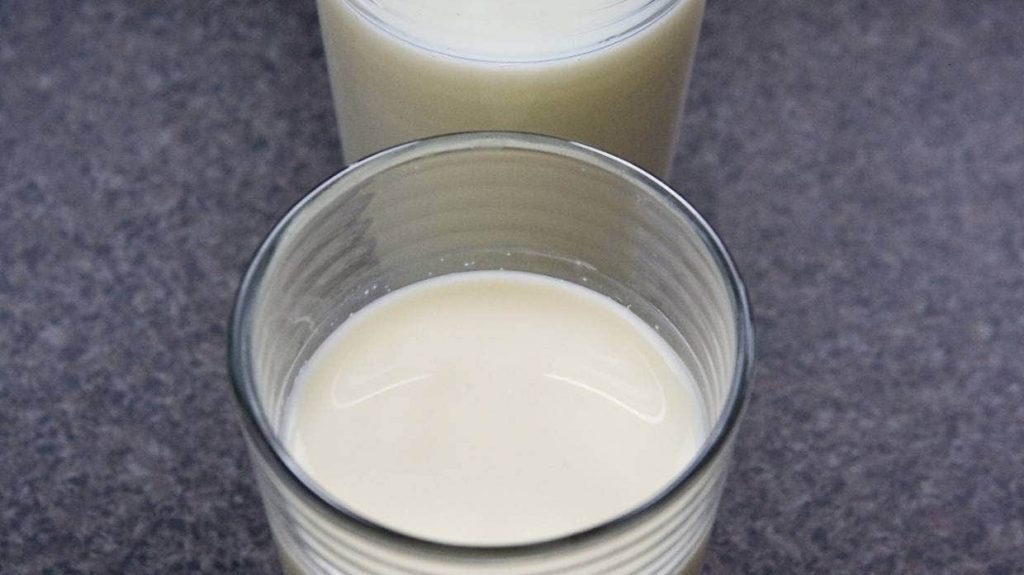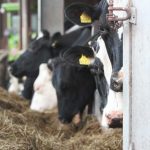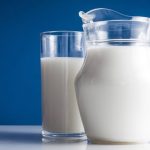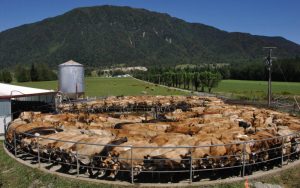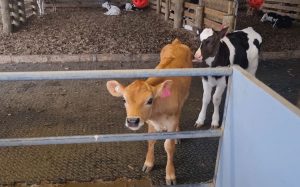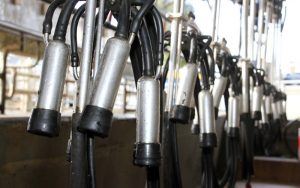
Listeria monocytogenes is the bacteria that can cause the disease listeriosis.
On June 17, the company posted on social media advising customers to discard any milk purchased or received on the evenings of June 13 or June 14 (Lot 210613).
The post says the company tests its milk regularly for various pathogens and “in this instance our milk failed to meet a listeria limit on a test”.
On Monday evening the company updated its page advising that milk sold on June 15 and June 16 (Lots 210614 and 210615) must also be discarded.
The Ministry for Primary Industries’ recall notice, which says there have been no reports of associated illness, asks customers to check the lot number, use-by date and date of purchase. It also advises affected milk should not be consumed unless heated to 70 degrees Celsius for one minute.
Listeria is rare, but can be particularly dangerous for pregnant women, newborns, older people and those with compromised immune systems.
Stu Weir, who, along with wife Andrea, runs the company from the same farm his grandparents milked on in the 1940s, said he is “gutted” at what has happened.
He said the company “operates under very strict testing procedures and as soon as the issue was found, we followed procedure and stopped production immediately”.
Production was halted on the evening of June 17, but Weir said they have good test results coming back now, and he is hopeful production can resume later this week.
Real Milk Timaru has grown quickly since the raw milk business started about six years ago.
The company milks 220 cows at peak supplying Fonterra from the family farm on the outskirts of Timaru.
The Weirs also have a separate 15 strong-herd that is milked once a day to supply raw milk.
Weir said the company began deliveries in Temuka, Winchester and Geraldine earlier this month and had planned to start deliveries in Tekapo this week.
Weir said the first Tekapo deliveries have been postponed until production starts again “but all going well, it’ll get going there shortly”.
According to Weir, Real Milk Timaru is “the only raw milk producer in the Central South Island”.
Weir said he is grateful for the support shown to them by customers.
The sale of raw milk became regulated in March 2016 when the Raw Milk for Sale to Consumers Regulations came into effect.
Suppliers must register with MPI as part of a Regulated Control Scheme, can only sell directly to the consumer, and must follow strict rules around milking, bottling, storing and distribution.
Previously raw milk could be sold at the farm gate with a five litre per person per day restriction.
Weir said there are “very tough regulations” on the industry, with more people leaving it than getting into it.
A Ministry for Primary Industries’ spokesperson said there are health risks associated with drinking raw milk.
“It’s not pasteurised, which means it misses out on an important process that kills disease-causing bacteria.”
